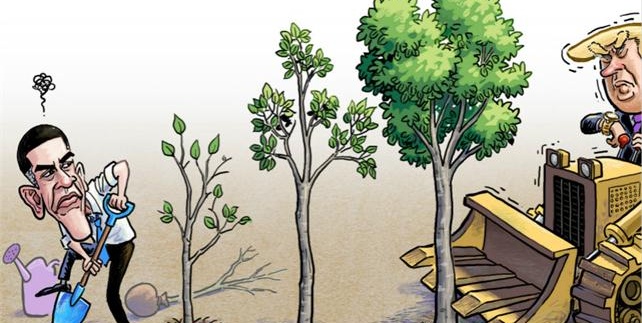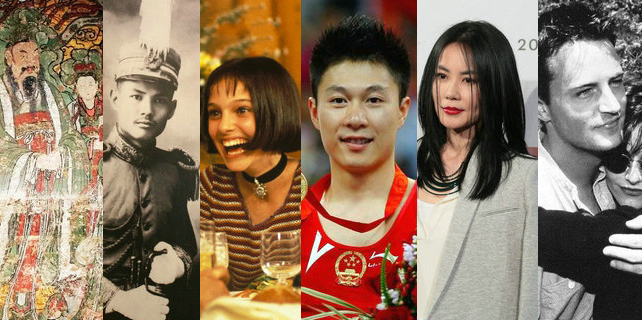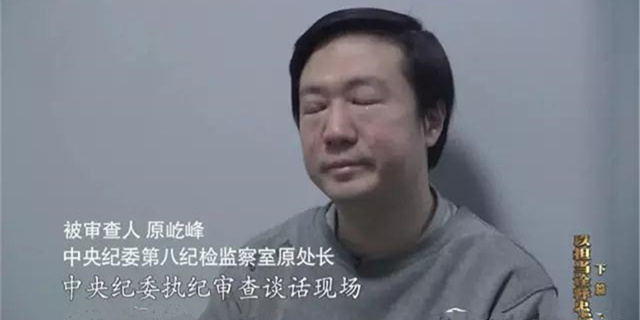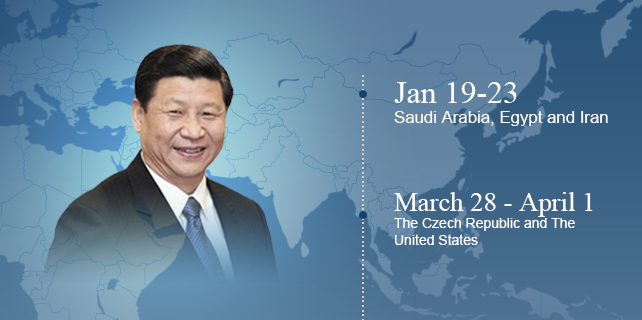Experts form group to tackle problems in Shanghai’s art market
Despite the flurry of openings of exhibitions and art centers in recent months, Shanghai’s art dealers have in contrast been affected by a slowing art market.
Eight owners and managers of leading galleries in town gathered for a salon at the new national cultural innovative center in Fudan University, to share their observations and projections for the art market in China. The salon, which will focus on topics related to cultural innovation, will take place at the center regularly from now.
According to researcher Tang Yunbing of Fudan University, the city’s GDP per capita had risen to $10,000 in 2014 and a series of important art shows were also held in Shanghai that year. These two factors, he said, suggested that “Shanghai may have cultivated a benign ecology of its art market”.
Furthermore, a series of art fairs and major exhibitions, such as ART021, Shanghai Art Fair, the ongoing Shanghai Biennale and the International Fair of Contemporary Art have all achieved good sales volume and positive feedback from critics, added Tang.
However, Hua Yuzhou, the founder of Hua’s Gallery, did not share the same sentiments. He said that the Chinese art market boom in 2006 drew mostly investors instead of art lovers and that many of those who were quick to snap up art works for profit ended up losing money when the bubble burst a few years later.
One thing that all the gallery managers agreed on was that it is mainly the affluent Chinese who buy art today. The general public, on the other hand, still lack knowledge on art appreciation, as evidenced by how many visitors touched art works during the Shanghai Art Fair, damaging two pieces in the process.
Wang Zi, the director of Antenna Art Center, pointed out that Shanghai’s art environment is not as prosperous as people think it is and noted that most museums and art spaces in Shanghai do not even have professional teams to curate and produce exhibitions.
With a lack of gallery spaces for young artists to exhibit their works, Wang believes that most of their art will instead end up in the hands of private collectors and auction houses, resulting in a further lack of public exposure to art.
To address this dearth in art exposure, Zhang Yongkang, the founder of Shanghai Huizhen Culture Co Ltd, said that he transformed his company from a gallery business to one that deals with interior decoration.
“We worked with star-rated hotels and private clubs, inviting students and teachers from art schools to create the designs and artworks,” said Zhang of his business model.
The gallery managers also agreed that China’s art market will recover and enjoy prosperity in the long run, citing how new art museums are currently being built all over the country and how private institutions in Shanghai have achieved considerable growth in recent years.
“They are all looking for good art. When China’s economy bounces back up, the art market will grow in tandem,” said Cai Pengcheng, president of Shanghai Ao Sai Art trading Co Ltd.









